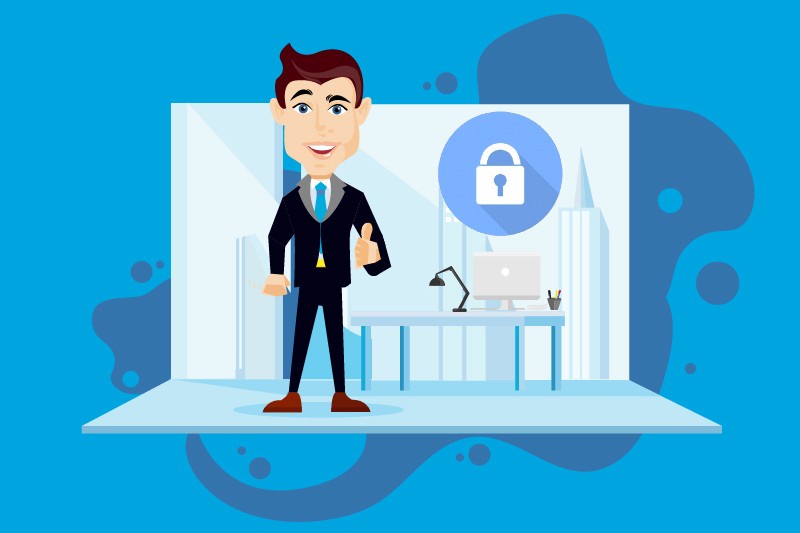Introduction
Managed Service Providers (MSPs) play a crucial role in today's technology-driven world by offering a wide range of IT services to businesses. To effectively manage and maintain the IT infrastructure of their clients, MSPs rely on a variety of tools and solutions. These tools help streamline operations, enhance efficiency, and provide better service to clients. In this article, we will explore some of the essential tools every MSP should use to ensure success in their managed service endeavors.
- Remote Monitoring and Management (RMM) Tools
RMM tools are the backbone of any MSP's operation. These platforms allow MSPs to remotely monitor and manage their clients' IT infrastructure, including servers, workstations, network devices, and more. With real-time visibility into system performance and health, MSPs can proactively identify and address issues, reducing downtime and minimizing disruptions for their clients. Popular RMM tools include ConnectWise Automate, SolarWinds N-central, and Kaseya VSA.
- Professional Service Automation (PSA) Software
A PSA solution is essential for managing the business side of an MSP operation. PSA software helps with project management, ticketing, time tracking, and billing, enabling MSPs to efficiently handle customer requests, track work hours, and automate invoicing. Examples of PSA tools include ConnectWise Manage, Autotask, and HarmonyPSA.
- Remote Access and Support Tools
MSPs frequently need to provide remote support to clients, which is where remote access and support tools come in. These tools allow technicians to connect to client systems to diagnose and resolve issues without the need for physical on-site visits. Some widely used remote support solutions are TeamViewer, LogMeIn, and AnyDesk.
- Backup and Disaster Recovery Solutions
Data loss can be catastrophic for businesses. MSPs need robust backup and disaster recovery solutions to safeguard their clients' critical data. These tools provide automated backups, replication, and recovery options to ensure business continuity. Popular options include Veeam Backup & Replication, Acronis Cyber Backup, and Datto.
- Network Monitoring and Management Tools
Effective network management is a crucial component of an MSP's responsibilities. Network monitoring tools provide real-time insights into network performance, traffic, and security. These tools help detect and address issues promptly, ensuring that clients' networks operate efficiently and securely. Some notable network monitoring tools are PRTG Network Monitor, Nagios, and Cisco Meraki.
- Antivirus and Endpoint Security Software
Protecting clients' systems from cyber threats is paramount. Antivirus and endpoint security software help MSPs safeguard endpoints and servers by detecting and preventing malware, ransomware, and other security threats. Popular security solutions include Bitdefender, Sophos, and Symantec Endpoint Protection.
- Patch Management Solutions
Keeping software and systems up-to-date is crucial for security and stability. Patch management tools automate the process of installing, updating, and managing software patches on client devices and servers. Tools like ManageEngine Patch Manager Plus and GFI LanGuard simplify this task.
- Documentation and Knowledge Management Platforms
Maintaining detailed documentation of clients' IT environments is essential for effective service delivery. Documentation and knowledge management platforms help MSPs keep track of configurations, credentials, and troubleshooting procedures. Tools like IT Glue and Confluence by Atlassian aid in documentation and knowledge sharing.
- Help Desk and Ticketing Systems
A reliable help desk and ticketing system is vital for managing customer requests, incidents, and service inquiries efficiently. These systems streamline communication and prioritize tasks, enhancing customer satisfaction. MSPs can choose from solutions like Zendesk, Freshdesk, or Jira Service Management.
- Communication and Collaboration Tools
Effective communication and collaboration tools are essential for both internal operations and client interactions. MSPs can leverage platforms like Microsoft Teams, Slack, or Zoom for team communication and client meetings.
Conclusion
Managed Service Providers play a critical role in helping businesses navigate the complex world of IT. To succeed in this fast-paced and ever-evolving industry, MSPs must invest in the right tools and solutions. By utilizing the essential tools discussed in this article, MSPs can streamline their operations, enhance client services, and ensure the stability and security of their clients' IT environments. Adapting to the changing landscape of technology is essential, and the right tools are key to making that happen.


No comments yet